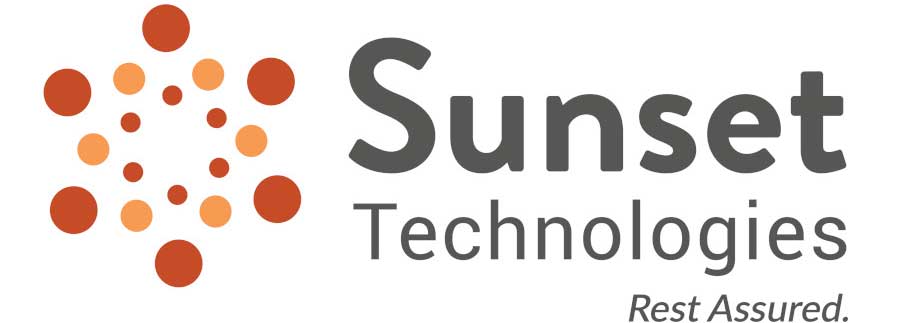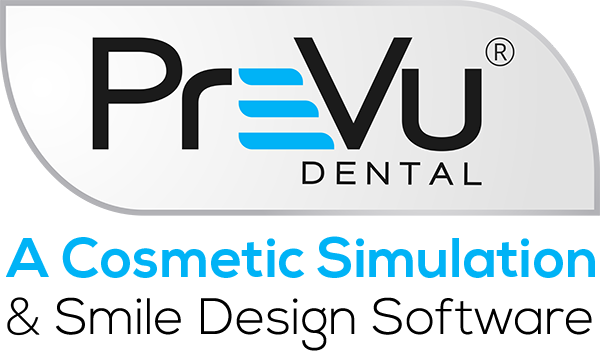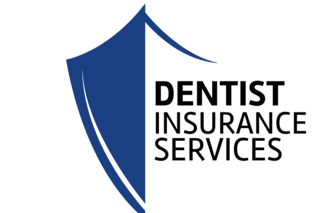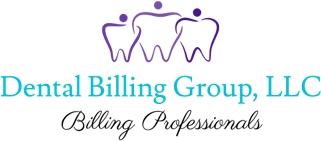
How AI is Creating New Cybersecurity Risks in Dental Practices
Artificial Intelligence (AI) is making a big impact in the dental world. From helping detect cavities earlier to automating appointment reminders, AI is making dental care more efficient and more advanced. Although with all the benefits, there’s a growing downside: AI is also creating new ways for cybercriminals to break into dental systems and steal sensitive patient information.
Many dental practices and their teams aren’t yet fully aware of the cybersecurity risks that come with using AI. If you’re a dentist, office manager, or support staff, here’s what you should know.
How AI Is Used in Dentistry Today
Dental practices are using AI to:
• Analyze X-rays and find problems faster
• Automate patient communication
(reminders, follow-ups)
• Help manage billing and insurance
• Provide data insights to improve office efficiency
These tools often work behind the scenes, using large amounts of patient and practice data to do their job. Unfortunately, all that data makes dental systems a big target for hackers.


The Cybersecurity Risks You Should Know About
1. More Data, Bigger Target
AI needs access to lots of data like patient history, insurance details, and medical images. That makes your systems more valuable to hackers, who may try to steal or lock up the data for ransom.
2. Risky Software from Outside Vendors
Many AI tools are created by third-party companies. If those tools aren’t properly secured or updated, they can accidentally give hackers a way into your network.
3. Smarter Phishing Attacks
Hackers are using AI too. They can create fake emails, texts, or even voice messages that sound like they’re from your dentist or office manager. These are designed to trick staff into clicking a link or handing over passwords.
4. Start Using AI Without Oversight
Sometimes, staff members use public AI tools like ChatGPT or image generators without knowing the risks. If they enter patient or business info into these tools, they could be unknowingly sharing sensitive data with outside companies.
5. AI That’s Been Tampered With
In rare but serious cases, a hacker could manipulate the AI used in your diagnostic tools. That could lead to misdiagnosed conditions or missed issues, which is a serious liability for your practice.
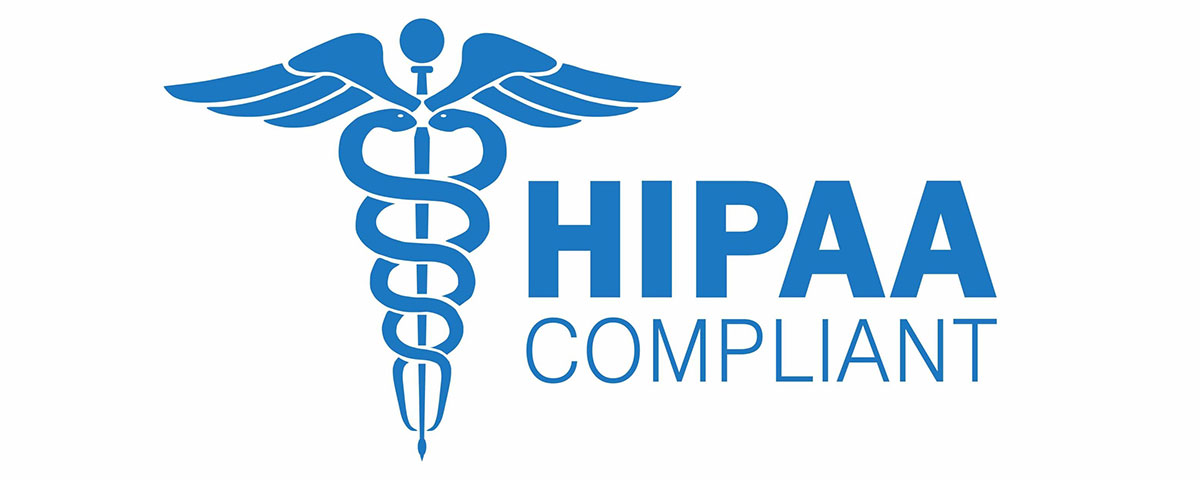
Why This Matters for HIPAA Compliance
Dental practices must follow HIPAA rules to protect patient information. Using AI tools that aren’t secure can lead to a data breach, which means serious fines, legal issues, and lost patient trust.
What Dental Practices Can Do to Stay Safe
Here are some simple steps your practice can take:
• Work with your IT team or MSP to review all AI tools you use and make sure they’re secure and HIPAA compliant.
• Don’t allow staff to use public AI tools for patient info without permission or guidelines.
• Make sure only the right people can access your systems. Don’t give full access to everyone.
• Ask vendors to show proof they protect your data. Certifications like SOC 2 or HIPAA compliance help.
• Train your team to spot suspicious emails or messages. AI-generated scams can be very convincing.

Final Thoughts
AI is a powerful tool for dental practices, but it comes with new responsibilities. If you’re adding AI into your workflow, make sure you’re also thinking about how to protect your systems and your patients.
Smart tech is great, but only if it’s used safely. Your practice, your patients, and your peace of mind depend on it.
